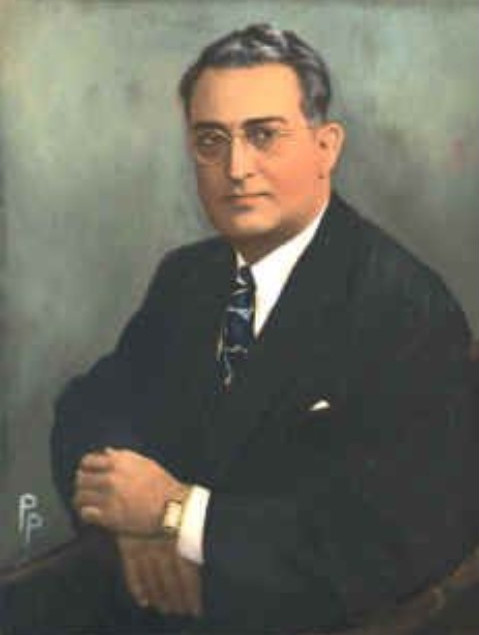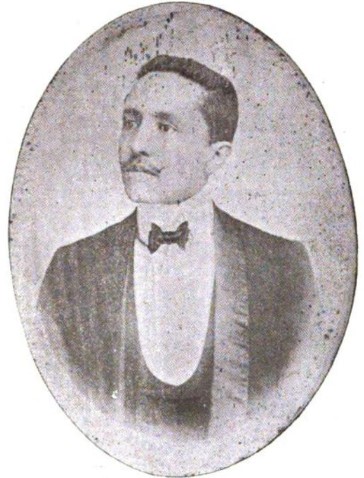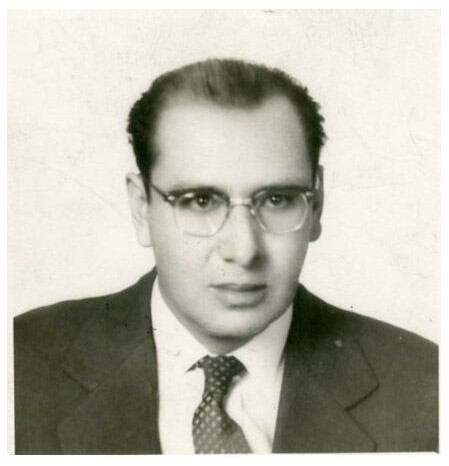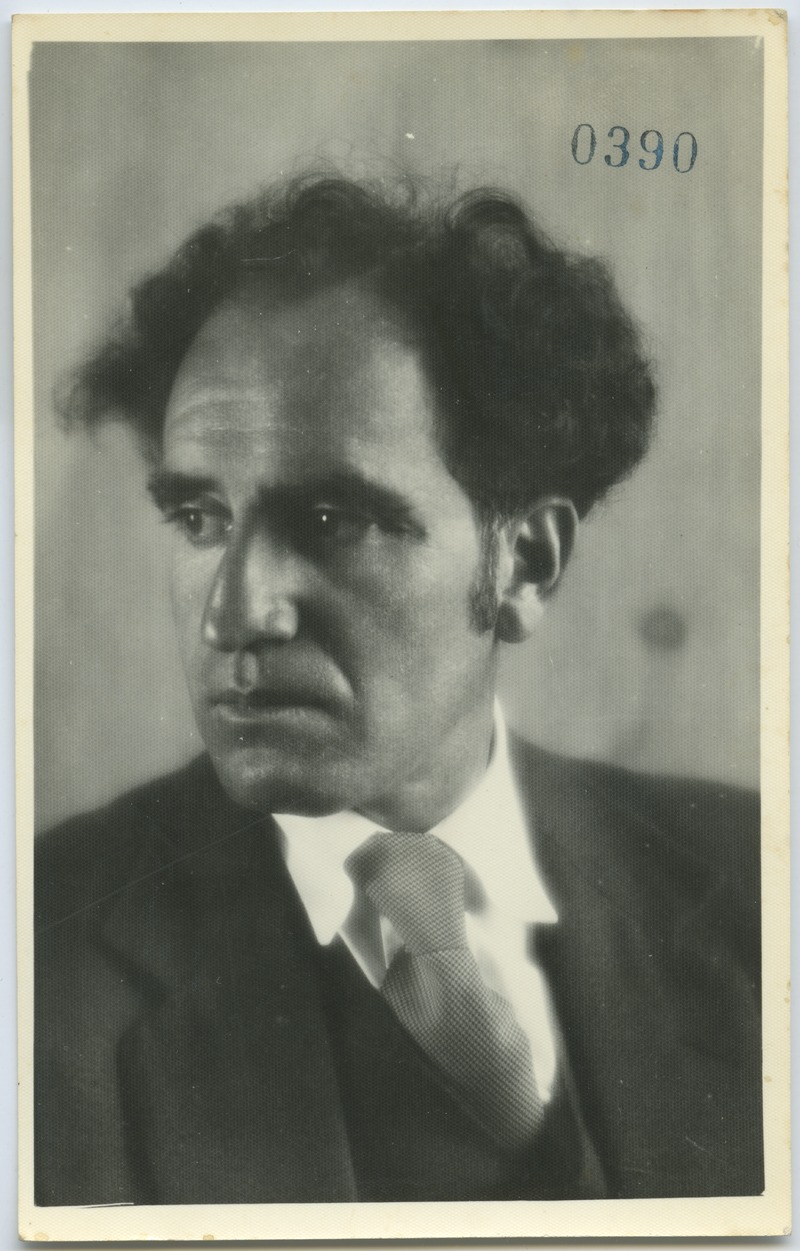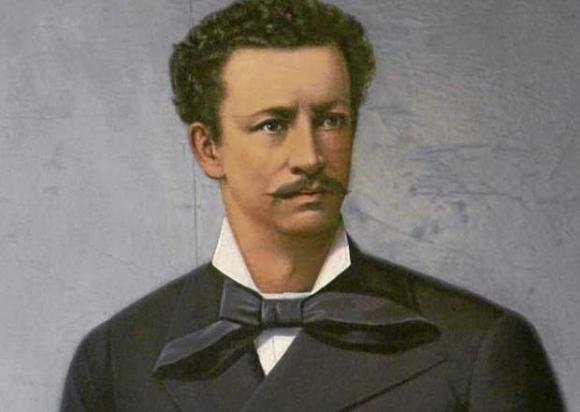Víctor Emilio Estrada Sciacaluga (Guayaquil, Ecuador, May 22, 1891 – Guayaquil, Ecuador, February 21, 1954) was a prominent Ecuadorian banker, economist, military strategist, author, and politician. The son of former Ecuadorian President Emilio Estrada Carmona, Estrada played significant roles in shaping Ecuador’s financial system, notably as General Manager of La Previsora and a key advocate for the establishment of the Banco Central del Ecuador. He briefly served as Minister of Finance, proposing the ambitious yet controversial “Plan Estrada,” and held various public service roles, including President of the Cantonal Council of Guayaquil. Estrada also made notable literary contributions, publishing influential works on economic policy and military strategy, cementing his legacy as a transformative figure in Ecuador’s history.
Continue reading “Víctor Emilio Estrada”Category: Essayists
Diego Falconí Trávez
Diego Falconí Trávez (Quito, 1979) is an Ecuadorian lawyer, scholar, and writer specializing in human rights, literary theory, and comparative literature. He is an associate professor at the Universitat Autònoma de Barcelona and a researcher at the Universidad San Francisco de Quito, where he also directs the legal journal Iuris Dictio. His research explores gender studies, queer theory, Andean literature, and the intersections of law and literature. Falconí is best known for his book De las cenizas al texto: Literaturas andinas de las disidencias sexuales en el siglo XX, which won the prestigious Casa de las Américas Prize in 2016, and for his advocacy for decolonial and dissident identities in cultural and academic discourse.
Continue reading “Diego Falconí Trávez”Alejandro Andrade Coello
Alejandro Andrade Coello (Quito, 1875 – Quito, November 13, 1943) was an Ecuadorian writer, journalist, and educator renowned for his contributions to literature and pedagogy. A longtime professor of literature at the Colegio Nacional Mejía in Quito, he authored over 50 works, including Nociones de Literatura General (1914), El Ecuador Intelectual (1919), Rodó (1917), and Motivos Nacionales (1927), as well as critical essays and biographies of prominent figures. He was a member of international literary institutions, such as the Academia Nacional de Artes y Letras in Cuba, and a vocal advocate for individualized education. His legacy endures as a pioneer in Ecuadorian intellectual and cultural history.
Continue reading “Alejandro Andrade Coello”Gilberto Molina Correa
Gilberto Molina Correa (Cañar, September 20, 1915 – Unknown) was an Ecuadorian poet, novelist, playwright, short story writer, essayist, and educator. His diverse body of work spanned multiple genres, including notable contributions such as the novel Sismos y abismos (1969), the short story collection Almas conturbadas (1962), and the play Censo sin consenso (1962). He also authored the poetry collection La inefable presencia (1966). He was an influential advocate for educational reform and a school director, serving as head of Escuela Municipal “Joaquín Donoso” in Vinces. Molina Correa left a lasting mark on both Ecuadorian literature and education.
Continue reading “Gilberto Molina Correa”Rigoberto Cordero y León
Rigoberto Cordero y León (Cuenca, June 11, 1916 – Cuenca, August 1998) was an Ecuadorian poet, writer, and scholar whose work significantly contributed to the development of Ecuadorian literature. Known for his extensive body of poetry, biographies, and essays, his writings explored themes of music, culture, and national identity, and were translated into multiple languages. Cordero y León received numerous awards, including the Fray Vicente Solano Decoration, and curated anthologies that highlighted the richness of Cuenca’s literary tradition.
Continue reading “Rigoberto Cordero y León”Juan Montalvo
Juan Montalvo, born Juan María Montalvo y Fiallos (Ambato, Ecuador, April 13, 1832 – Paris, France, January 17, 1889) was an influential Ecuadorian author, essayist, and formidable polemicist whose writings had a significant impact on the political landscape of his time. Known for his notable works such as “Las Catilinarias” (1880) and “Siete Tratados” (1882), Montalvo exhibited a fiery, unapologetic style, often challenging and criticizing the political status quo. As a political liberal, his beliefs were characterized by anti-clericalism and a fierce opposition to the authoritarian regimes of Gabriel García Moreno and Ignacio de Veintemilla. Despite facing exile multiple times, his penetrating critiques and commitment to democratic principles left a lasting legacy in Ecuador and beyond. Montalvo’s audacious spirit, combined with his eloquent prose, positioned him as a key figure in Latin American literature, while his life and works continue to symbolize the power of the written word as a tool for political change.
Continue reading “Juan Montalvo”
